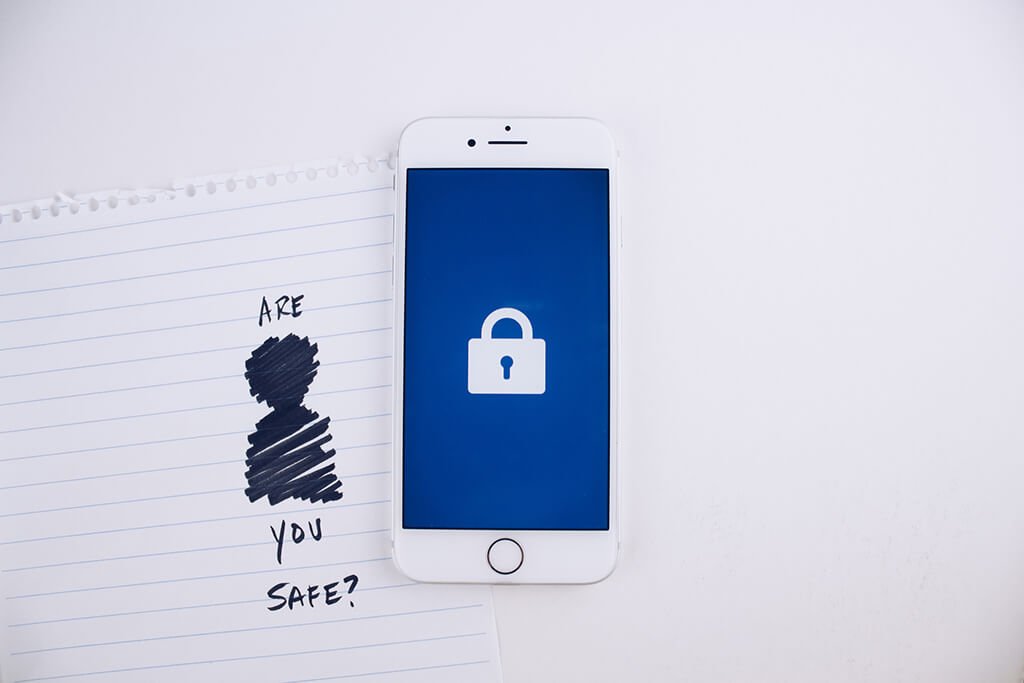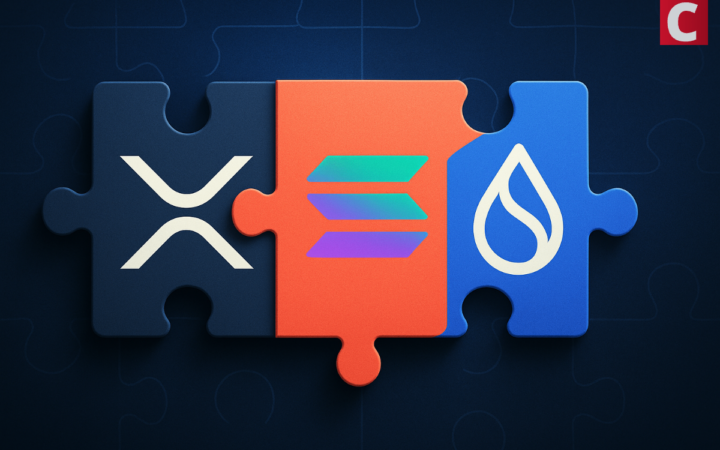
In the late 1990s, the internet was a nearly ubiquitous service, and hundreds of innovative startups were launching new web-based platforms for everything from pet supplies to social networking. In exchange for the privilege of using their services, internet platforms are collecting vast amounts of personal information. Everything users type, everything they click on, every page they view, and every interest they identify is cataloged and then often sold or used in any other way. In such circumstances personal and sensitive data privacy becomes of critical importance.
Digging Deeper into the Global Data Privacy Problem: Facebook Data Breach
Data privacy has become a hot topic ever since the Facebook breach took place. Earlier this year, social media giant Facebook was involved in a scandal that saw its CEO and founder Mark Zuckerberg be summoned to testify before the Congress of the United States of America. It was discovered that the personal information of an estimated 87 million Facebook users were sold to a consulting firm called Cambridge Analytica.
Controversy arose when it was found that this was the same consulting firm that President Trump hired during his presidential campaign. The information was accessed through a said quiz application that was run on Facebook. The quiz app appeared to be harmless, requesting the personal information of users the way any other third-party application would. But not only did the firm manage to access the users’ information, they also acquired information from the users’ Facebook friends through a loophole in the Facebook Application Program Interface (API).
Although Facebook’s policy dictates that users’ personal data should not be sold, the data collected by Cambridge Analytica was sold anyways.
Cryptocurrency Data Vulnerabilities on Telegram
Facebook isn’t the only site with a set of security concerns. In October 2017, Alexey Firsh, a security researcher from Kaspersky lab uncovered the vulnerability of Telegram – an application that was said to be one of the most secure social sites available.
The messaging app was exploited in the wild to spread malware that mines cryptocurrencies. The vulnerability is on the Windows client version of Telegram. Attackers trick users into downloading malicious software onto their PCs via a supposed PNG image file, which in turn uses their PCs to mine cryptocurrencies or serve as a route to control the affected PC remotely.
Messaging Privacy Concerns on WhatsApp
A recent discovery also revealed that major messaging app, WhatsApp, does not appear to be as secure we thought it was, after all. The application flaw could allow a spy to access a group chat without the user’s permission. According to a team of researchers from Germany, anyone with the control of WhatsApp’s servers could add new people to a private group chat without the permission of the group’s administrator. One of the researchers of the WhatsApp application flaw was quoted saying:
“If I hear there’s end-to-end encryption for both groups and two-party communications, that means the adding of new members should be protected against. And if not, the value of encryption is very little.”
Shifting the Data Privacy Conversation In the Right Direction
It’s very easy to take a look at all of these applications and start to accuse them of unethical practices. Going back to the Facebook situation, we saw Zuckerberg receiving an overwhelming amount of backlash for the data breach. Facebook was painted as a site that did not have the interests of the people in mind. Major players of various industries publicly posted their deletion of their Facebook accounts. This situation brought us to where we are today regarding the data privacy discussion.
Users are crying for autonomy over the information they provide sites with. This is a valid cause to fight for. But in the midst of the accusations and protests, it appears that no one has stopped to ask if this is what Zuckerberg and Facebook had in mind when the social media giant first entered the mainstream world.
When Zuckerberg created Facebook, it was with the intention of giving people the opportunity to connect with loved ones and new people all over the world. The astounding amount of traction the site received shocked everyone – especially Zuckerberg himself. Facebook went from being a social site to a potent tool for the commercial and political industries. It was not something the team saw coming, and this is true for the majority of the popular social sites on the web today.
This is why there needs to be a shift within the data privacy conversation. Instead of trying to pinpoint the companies that have experienced security breaches, it’s time that the world takes a collective stand to ensure that data privacy becomes a reality.
How Blockchain Can Make Data Privacy Possible
Eric Gu, CEO and founder of Metaverse, a leading top 100 public blockchain project, shared that blockchain technology would be the ideal solution to the current problems with data privacy. Blockchain technology serves as a sophisticated encrypted ledger that converts stored information into digital assets.
Gu shared his thoughts on Blockchain technology becoming the new solution to data privacy:
“Blockchain ensures that everyone’s private information will be owned by the user themselves. The data is protected by the technology, thus ensuring that no sensitive personal data will ever be leaked.”
Gu further elaborated that user information will be treated as an asset. This means that it will be protected and valued the way a real-life asset would be protected and valued. With blockchain, a Cambridge Analytica situation would be a thing of the past.
Security concerns present on other major sites such as Telegram and WhatsApp would also greatly benefit from the decentralized technology presented by blockchain. Users would be able to utilize these platforms at ease, without worrying about the security of their confidential personal information.
Digital identity is another blockchain-specific concept that will greatly aid data privacy. Once an asset is logged on the blockchain and assigned to a specific user’s digital ID, they remain in power of their information. This assumes that the user doesn’t transfer the rights of the data to someone else.
Gu emphatically stated that blockchain will make a huge impact on privacy protection and, from the looks of it, this is the truth. Blockchain technology and decentralization continue to prove to the world that people’s interests are of the highest priority. Merging this technology with mainstream social media sites will transform data exchange and privacy as we know it. Users will be able to confidently browse, communicate, and exchange information with their consent – thus empowering them and balancing the dynamics within the social media ecosystem.






